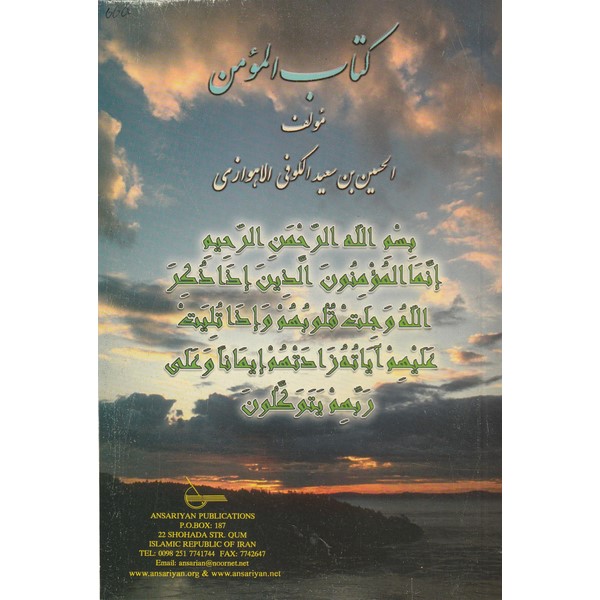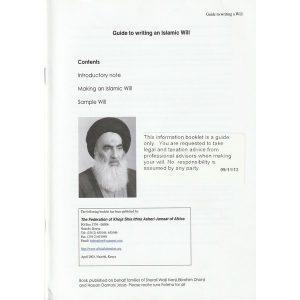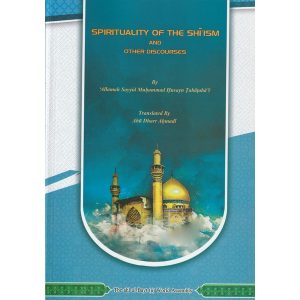Description
A collection of traditions by the author, that describes the nature of Belief (emman) and Believers (mu’minoon) in the light of traditions of the Ahl al-Bayt, emphasizing on the consequences of belief and the rights the believers have upon each other.
HEAVILY SUBSIDIZED BY WWW.WABIL.COM







Reviews
There are no reviews yet.